RV furnaces stand out from traditional home heating systems in several key ways, tailored to accommodate the unique demands of life on the road.
Unlike stationary residential heaters, these mobile units are designed with the challenges of space, power, and fuel availability in mind.
This quick read highlights the special features and workings of RV furnaces, essential for comfortable and efficient heating in recreational vehicles.
RV Furnace vs. a Traditional Residential Heating System
An RV furnace operates on a forced-air heating principle, which is a method commonly found in traditional residential heating systems. This setup involves circulating warm air via a network of ducts strategically placed either in the floors or ceilings of the recreational vehicle (RV), ensuring an even distribution of heat throughout the interior space.
This design allows for a comfortable living environment, replicating the warmth and comfort found in a stationary home, even while on the move.
However, RV furnaces have distinct qualities that differentiate them from standard residential heating systems. One notable difference is that they may need an electronic ignition, often powered by the RV’s 12V system, and the unit will run off of propane gas held in tanks inside a compartment of your RV.
Unlike many home heaters that may use a pilot light or direct electrical ignition, RV furnaces often rely on an electronic ignition system. This system is powered by the RV’s 12V electrical system, making it suitable for the mobile and off-grid nature of RV living.
Furthermore, the fuel source for an RV furnace is another area where it diverges from residential heaters.
RV furnaces typically run on propane gas, a choice that suits the mobile lifestyle. Propane tanks are stored within a specific compartment of the RV, making it easy to refill as needed.
This propane-based system is efficient and effective, providing a reliable source of heat regardless of the RV’s location.
The use of propane allows RVers to maintain a comfortable indoor temperature, even in remote areas without access to electrical hookups, making it an ideal choice for adventurers who enjoy exploring off the beaten path.
4 Reasons You Should Consider an RV Furnace
1. To warm the RV from front to back, and not just a single small area as you get with a space heater.
2. To offset random cold nights in naturally warm regions, such as wintertime in Florida, so RV guests stay comfortable.
3. To keep pets warm while you are away from the RV, so you don’t have to worry they are under stress.
4. Warm the camper when electricity isn’t available makes off-grid camping more accessible and comfortable.
RV Furnace: 5 Benefits of Using
1. Allows RV camping in regions that would otherwise be too cold to visit without a furnace to keep occupants warm.
2. Allows warmth during off-grid camping where shore power isn’t available, as many systems run off propane and only need a short burst of 12-volt power to ignite the burner.
3. Reliable and safe method to heat the RV over electric space heaters that could tip over and cause burns or fires.
4. Disperses heat through vents around the RV, so all areas are warmed evenly, instead of space heaters that only warm the immediate area and leave outlying areas cold.
5. Propane is a cheaper fuel source than electricity, which means you can save money on metered RV stays that many campgrounds charge.
When considering the cost of operating an RV furnace, propane emerges as a more economical fuel source compared to electricity, particularly for RVers who frequent campgrounds with metered electric charges.
Investing in a high-quality, efficient RV furnace can lead to significant long-term savings, as these units consume less propane while maintaining optimal warmth.
Top Brands With a Strong Reputation
Suburban is a top brand that delivers consistent reliability in furnace systems made specific to RVs’ needs, including durable builds.
Want to Connect With a Community of Over 1,078 RV Enthusiasts?
Dometic is another RV-specific brand that makes replacements easy, as they fit exactly like the original units but are more efficient.
How to Not Freeze in Your RV (Video)
Related Questions
1. What type of maintenance does an RV furnace typically need?
RV furnace maintenance typically includes checking the propane gas lines for leaks, cleaning the burner and blower assembly, and checking the ducts for blockages. This should ideally be done once a year, before the start of the cold season.
2. Is it easy to install an RV furnace by yourself, or should it be professionally done?
The difficulty of installation depends on the model and the RV’s layout. While some handy RV owners might feel comfortable installing a new furnace themselves, others may prefer to have it professionally installed to ensure it’s done correctly and safely. Always remember to read the manufacturer’s installation instructions thoroughly and contact them with any questions.
3. Can an RV furnace run without battery power?
While the RV furnace uses propane as a fuel source, it requires a small amount of electricity, typically from the RV’s 12-volt system, for the ignition and control circuit. Thus, if your RV’s battery is completely dead, your furnace will likely not operate.
4. Can you use my RV furnace while driving?
Technically, you can use your RV furnace while driving. However, it’s generally recommended to avoid this for safety reasons. The bumps and vibrations from the road can potentially cause damage to the furnace or lead to a propane leak.
5. What’s the average lifespan of an RV furnace?
The average lifespan of an RV furnace is typically around 10-15 years, but this can vary greatly depending on how often it’s used, the quality of maintenance it receives, and the specific model. It’s essential to schedule regular maintenance to ensure your furnace stays in good working order.
"Man cannot discover new oceans unless he has the courage to lose sight of the shore."
-- Andre Gide

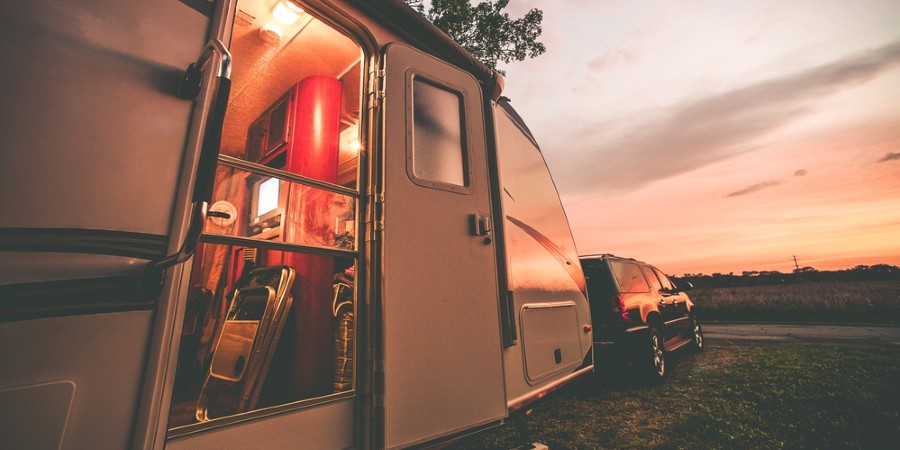

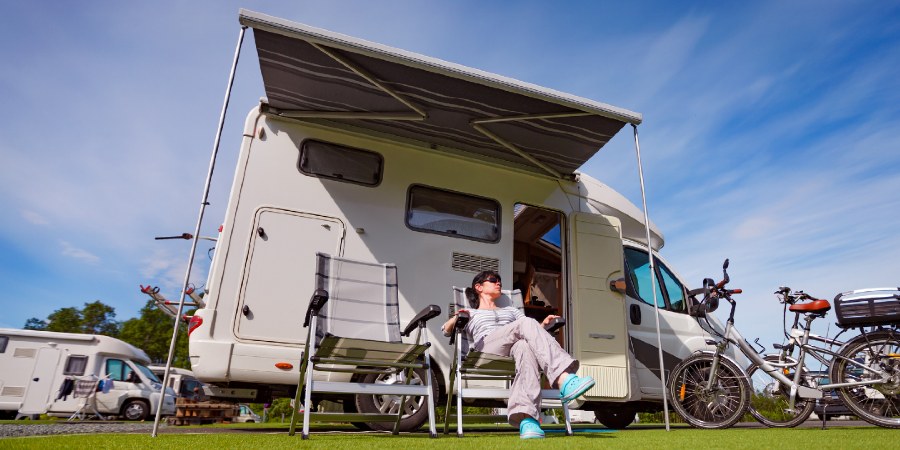
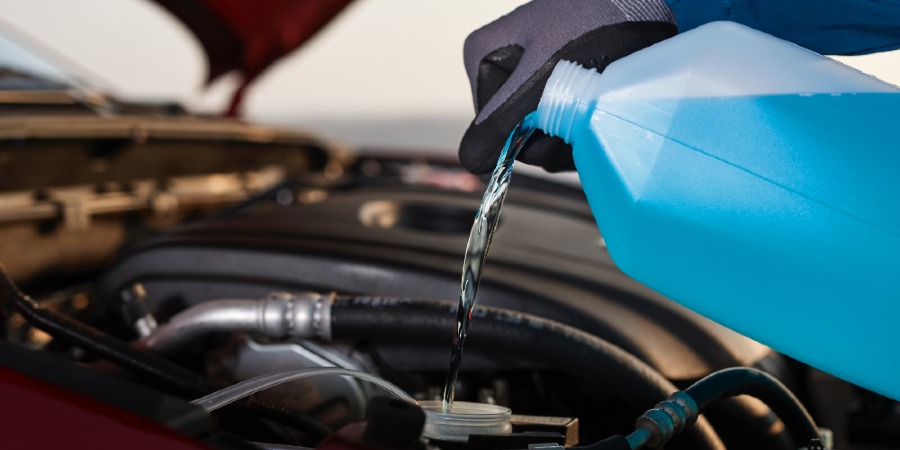
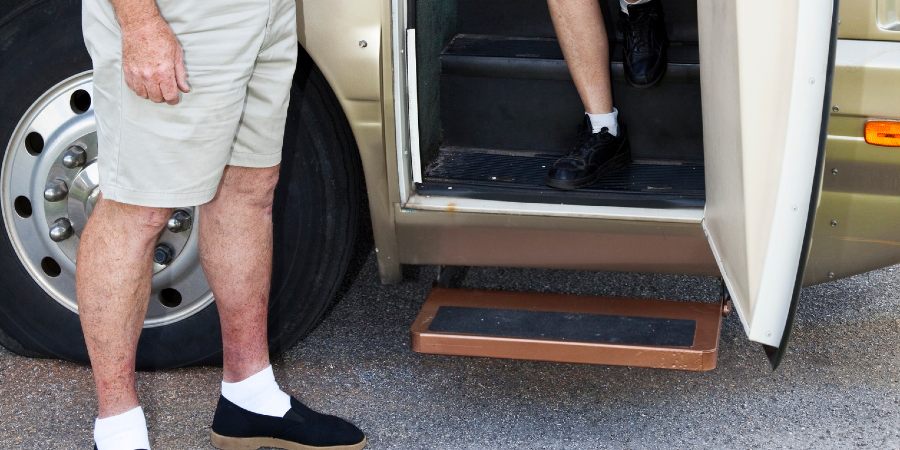

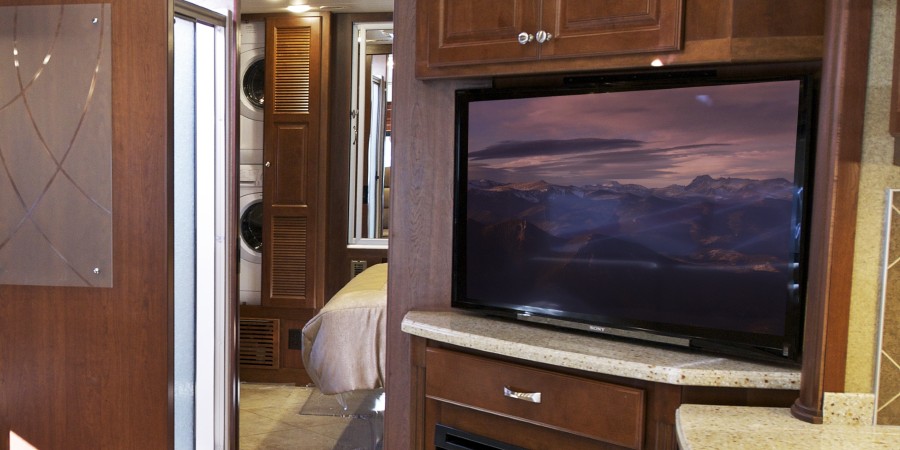
These heater choices are good picks, although I’d advise caution. I use an automatic timer with on electrical outlets to ensure they turn off after a few hours.